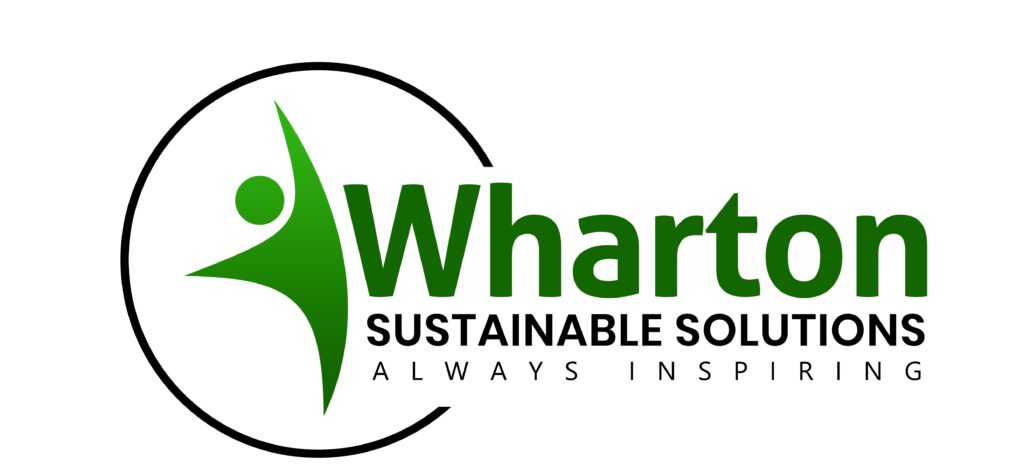Environment Consulting Services:
1 Climate change and decarbonisation
We guide global companies to prepare for a decarbonized and carbon neutral future by assessing their current ESG impacts, creating Science-Based Targets, and engaging effectively with key stakeholders. We strategize with a focus on natural resource management, circular economy, and reporting frameworks and guidelines such as the GRI, SASB, IIRC, CDP and TCFD. As climate change, ESG investments and public awareness grows, decarbonization strategies have become critical for businesses to pursue to create a more sustainable future.

• Develop climate and energy strategies with short and long-term goals
• Science-based targets (SBTi)
• Task Force on Climate-related Financial Disclosures (TCFD)
• Carbon Disclosure Project (CDP) support
• Low carbon transition plans
• Survey of greenhouse gas (GHG) emissions
Request a call back
• Better understanding of current effects the company has on climate
• A clear path to a more sustainable and carbon neutral future with achievable short term goals
• Specific goals set through the Science Based Target Initiative
• Recommendations on how to decrease carbon use within an organization including carbon offsets
• Understanding the impacts of climate change on operations and business development
• Optimization of investors’ ratings related to ESG criteria
• Successfully positioned in the market as the first CO2-neutral network
• Solid database as a basis for strategic decisions
• Continuous significant reduction of emissions
• Knowledge of future options for actions up to 2050
Air quality regulations are complex and unique to each region and country. Wharton sustainable solutions associates are experts in their individual countries with engineering and regulatory consultants that work with clients to meet air emissions requirements including permitting, reporting, and more. Our consultants can provide services to measure ambient air and atmospheric emissions, document air emissions impacts, develop solutions to control fugitive emissions within workplaces, provide support during the design phase launch and standard operating conditions. Individual country regulatory knowledge and engineering services also allow the consultants to develop global strategies for clients through collaboration for odor control, training, and systems evaluation.
We help our clients navigate the complex and ever-changing regulatory environment and bring a wide variety of innovative technologies to address air emissions. All of these services can be accessed through a single point of contact. If you are in need of support to evaluate your regulatory compliance or are looking to continually improve and reduce emissions, we have global consultants that can support you.
• Air emissions to the environment
• Measurement and worker exposure analysis to indoor air quality
• 2D and 3D modeling for both air and odor
• Regulatory compliance services and assessments
• Permit determination, application and renewals
• Odor Management Plans
• Solvent Management plans
• Continuous Monitoring technology
• Compliance with region/country-specific and/or permit specific requirements
• Analytical data to validate compliance status, fulfill regulatory requirements, and support innovative engineering solutions
• Global plans that are crafted to address region/country-specific regulatory compliance
• Risk management of a costly regulatory burden
• Client Benefits
• Consistent Formatted Procedure Globally
Confidence on the incorporation of appropriate EHS regulations related to operations.
Tools as part of each procedure to allow individual sites to implement the country-specific procedures
• Rating of investment products
• Sustainable portfolio management
• Rating engineering
• Development of sustainable finance vehicles
• Climate/carbon due diligence
• Focus on ESG criteria within your company’s portfolio
• Reduction of risks associated with ESG-issues
• Value protection and potentially increase
• Energy and water efficiency and reduction
• Kaizen energy treasure hunts – conservation and training
• Net Zero readiness assessments
• Alternative / renewable energy
• Innovation research and application
• Unbiased third-party bid review
• Analysis of areas for improvement to increase facility performance
• Specific recommendations on ways to optimize a facility
• Increased awareness of resource use within a company’s facilities and operations
• Identification of goals/targets for the future to maintain an efficient facility
We help clients understand the impact their products have on the environment, and aid in determining whether they are fit for circularity or eco design. We assess better ways to reuse and recycle their products and the materials within them. We have helped clients from a range of industries, including retail with a focus on their product packaging, to real estate with a focus on the purpose of a building and its impacts and change in use over time.
• Sustainable product design/ecodesign
• Implementation of sustainability criteria in innovation process
• Circularity
• Life Cycle Assessment (LCA)
• Product Carbon Footprints (PCF), packaging solutions/evaluation
• EPR (extended producer responsibility)
• Recommendations for implementing circularity into the business model/ production process
• Comprehensive Life Cycle Assessment of products
• Analysis of current Product Carbon Footprints, with mitigation goals and recommendations on how to reach those goals
Health Consulting Services:
• Workplace exposure risk management: standards, communication, monitoring, facility/risk assessments (noise, hazardous substances, chemical, physical, biological agents, radiation, other)
• Asbestos
• Bloodborne pathogens
• Hearing conservation programs
• IAQ monitoring
• IH sampling / monitoring
• Ionizing and Non-ionizing radiation
• Mold
• Nano particles
• Respirator Protective Equipment programs
• Risk Management
• Occupation Health & Safety
• Healthier and safer workplaces
• Decreased employee exposure to risks that could impact health and well-being
• Cost-effective, local support to help meet local exposure limits
Ergonomics: the science of designing the workplace to the worker and helping people more efficiently and comfortably conduct work. That definition translates globally and no matter where on the globe you conduct work, the study of workplace ergonomics can result in improved worker health and productivity.
Wharton sustainable solutions helps companies around the globe address this issue in a universal way that allows for one consistent corporate program. We consider local workplace ergonomic regulations, cultural nuances related to ergonomic concerns, and a company’s desire to provide a best-in-class service to their employees to help ensure comfort in office, industrial and home-based work environments.
We leverage online tools, remote and in-person assessments, scientifically acceptable methods for evaluation and various training formats to help ensure the most ergonomically-correct workstations are available to your employees.
• Design Specification & Support
• Ergonomics Training
• Industrial Ergonomic Assessments/Studies
• Office Ergonomic Assessments/Studies
• Product / Equipment Review
• Product Selection & Support
• Safer workplace safety
• Consistent global service delivery
• Regulatory compliance
A true pandemic threatens the health and well being of people around the world. As a member of the human race, every person has the responsibility to take actions that limit the spread of viruses that can lead to a global catastrophe. Employers can do their part by understanding and following local guidelines and best practices as well as continuing to evaluate and update their pandemic response plans. Well thought out plans can help organizations protect their employees and businesses from potential life-threatening impacts of a pandemic. Effective strategies can help your organization stay in business, minimize the financial impact of a pandemic, and most importantly protect the health of your employees and the global community.
• Program Development
• Table-top Drills
• Health and Temperature Screening
• Cleaning and disinfection protocols
• Regulatory support for travel and facility operations
• Incident investigation and contact tracing
• Proactive planning to ensure efficient management of pandemic risks
• Efficient and effective coordination with key stakeholders: local health departments, employees, management, and the public.
• Helping companies stay open and return to full operation in the midst of a pandemic
